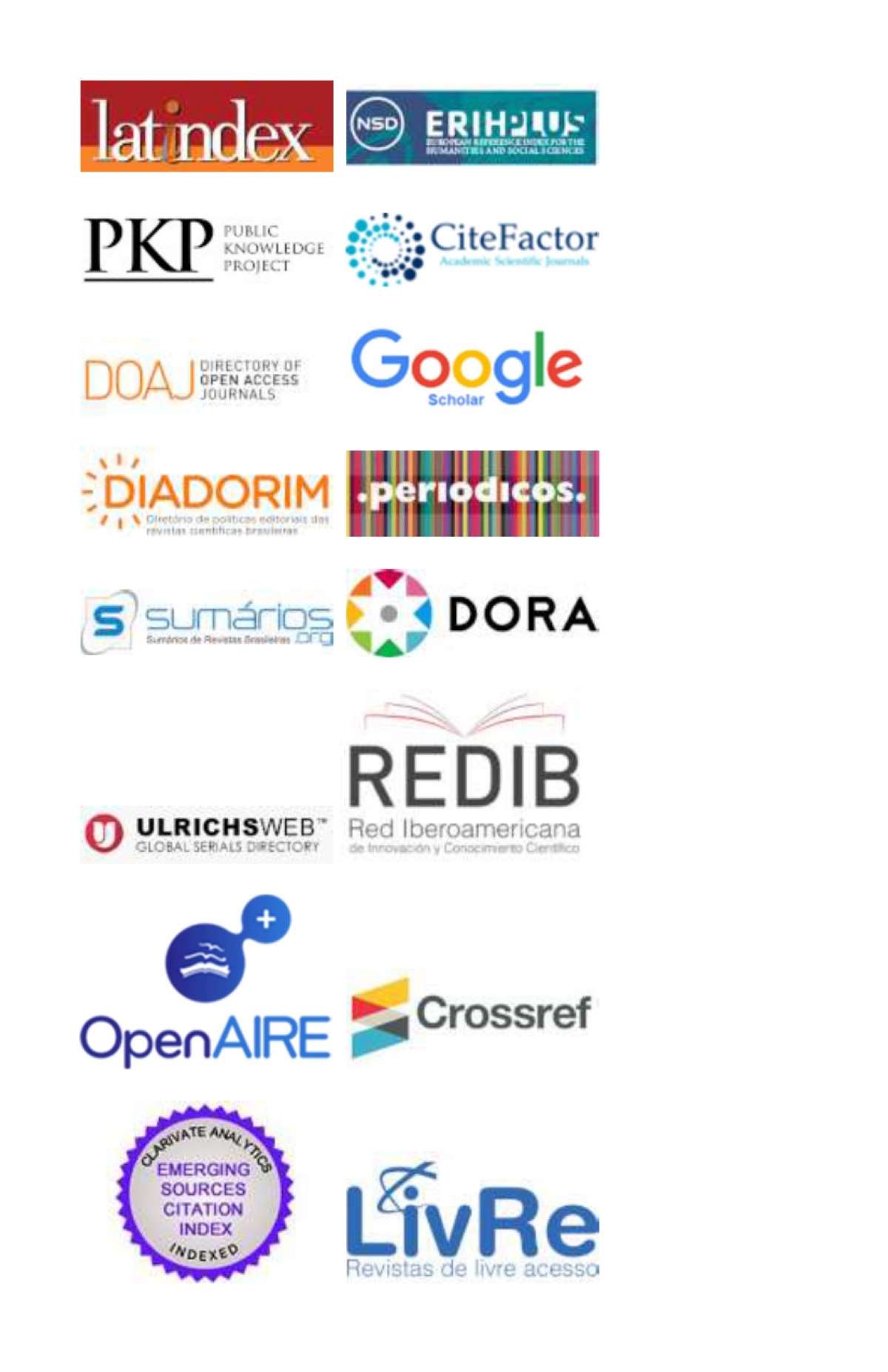COMO AS INSTITUIÇÕES IMPORTAM PARA A PROTEÇÃO PENAL DAS ELITES POLÍTICAS BRASILEIRAS
DOI:
https://doi.org/10.21783/rei.v9i1.746Keywords:
Impunidade, Instituições, Elite políticaAbstract
Impunity is generally perceived in Political Science as an inability or even opportune unwillingness of State members to apply the law. Little is observed, however, about the trajectory and role of institutions in this context. The choice for more lenient laws, for differentiated procedural treatment for certain agents and a flexible appeal system for judicial decisions, for example, can encourage impunity for selected social groups. In this way, the trajectory of construction of the rules of the game matters. This work proposes two analyses: 1) to describe and discuss: i) the systematic execution of sentences in the history of Brazilian law and ii) the adoption of the forum by prerogative of function by the Brazilian legal system; and 2) empirically observe the dynamics of the Privileged Forum judgment in two Superior Courts (Federal Supreme Court and Superior Court of Justice) in the period after the enactment of the Magna Carta of 1988. The aim is to shed light on how the Brazilian institutional design is capable of to relativize punitive instruments for national elites. Our conclusion points out that these institutes make it extremely difficult to punish members of the political elite in Brazil, favoring impunity and causing changes in the logic of the state punitive system with repercussions on the political system.
Downloads
References
AMARAL, Cláudio do Prado. A história da pena de prisão. – Jundiaí, Paco Editorial, 2016.
BECKER, Gary. Crime and Punishment: An Economic Approach. Journal of Political Economy. 76 (2): 169–217, 1968.
CARVALHO, E. Judicialização da Política no Brasil: controle de constitucionalidade e racionalidade política. Análise Social, v. XLIV, p. 315-335, 2009
CARVALHO, E., Santos, M. L., Gomes Neto, J. M. W., & Barbosa, L. V. de Q. (2016). Judicialización de la política y grupos de presión en Brasil: intereses, estrategias y resultados. América Latina Hoy, 72, 59–17_88. https://doi.org/10.14201/alh2016725988
CAVALCANTE FILHO, J. T. & LIMA, F. R. Foro, Prerrogativa e Privilégio (Parte 1): Quais e quantas autoridades têm foro no Brasil? Brasília: Núcleo de Estudos e Pesquisas/CONLEG/Senado, Abri/2017 (Texto para Discussão nº 233). Disponível em: www.senado.leg.br/estudos. Acesso em 25 de abril de 2022.
FRISCHEISEN, Luiza Cristina Fonseca; GARCIA, Mônica Nicida; GUSMAN, Fábio. Execução Provisória da Pena: Panorama nos ordenamentos nacional e estrangeiro. Revista ANPR Online, n. 7, 2008.
GOMES NETO, J. M. W., & CARVALHO, E. (2021). Pretores condenando a casta? a atuação do Supremo Tribunal Federal no julgamento do "Foro Privilegiado". Revista de Estudos Empíricos Em Direito, 8, 1–30. https://doi.org/10.19092/reed.v8i.524
LAFFONT, J. J.; TIROLE, J. A theory of incentives in procurement and regulation. MIT press. 1993.
LEVITSKY, Steven; MURILLO, Maria Victoria. Variation in Institutional Strength. Annual Review of Political Science. 12 (1): 115–33. 2009.
LIMA, F. D. S.; GOMES NETO, J. M. W. (2018). Autocontenção à brasileira? Uma taxonomia dos argumentos jurídicos (e estratégias políticas?) explicativo (a) s do comportamento do STF nas relações com os poderes majoritários. Revista de Investigações Constitucionais, v. 5, n. 1, p. 221-247.
MÉDICI, Sérgio de Oliveira. (1985). Sugestão da Reforma da “Lei Fleury”. Justitia, São Paulo, 47(130): pp. 181-184.
MOURA, Rafael Moraes. Retorno de prisão após 2ª instância assombra políticos e atinge Mendonça. Disponível em: https://veja.abril.com.br/politica/retorno-de-prisao-apos-2a-instancia-assombra-politicos-e-atinge-mendonca/. 2021. Acesso em: 20 maio. 2022.
NORTH, D. Institutions, Institutional Change, and Economic Performance. New York: Cambridge University Press.1990.
SCHELLING, T. C. The Strategy of Conflict. Cambridge, Mass.: Harvard University Press. 1960.
SHEPSLE, Kenneth A., Rational Choice Institutionalism' em Sarah A. Binder, R. A. W. Rhodes, Bert A. Rockman (eds), The Oxford Handbook of Political Institutions (2008; online ed, Oxford Academic, 2 Sept. 2009), https://doi.org/10.1093/oxfordhb/9780199548460.003.0002. Accesso em 22 Mar. 2023.
SHEPSLE, Kenneth A. Institutional arrangements and equilibrium in multidimensional voting models. American Journal of Political Science, 23: 23–57. 1979
TAVARES FILHO, N. Foro Privilegiado: pontos positivos e negativos. Brasília: Consultoria Legislativa/ Câmara dos Deputados, 2016. Disponível em: https://www2.camara.leg.br. Acesso em 25 de abril de 2022.
TEIXEIRA LEITE, A. A constituinte de 1934 e a unificação do direito processual brasileiro. Revista da Faculdade de Direito do Sul de Minas, [S. l.], v. 32, n. 2, 2016. Disponível em: https://revista.fdsm.edu.br/index.php/revistafdsm/article/view/176. Acesso em: 20 maio. 2022.
TRINDADE, Matheus Gonçalves dos Santos. A (im)possibilidade de execução provisória da pena no brasil. Revista da Faculdade de Direito da FMP – v. 12 nº 1, 2017, p. 21-42.
Downloads
Published
Versions
- 2023-05-24 (2)
- 2023-05-23 (1)
How to Cite
Issue
Section
License
Copyright (c) 2023 Ernani Carvalho, Anderson Paz, Marcelle Amaral

This work is licensed under a Creative Commons Attribution-NonCommercial 4.0 International License.
The authors hold their copyright and concede to the JOURNAL OF INSTITUTIONAL STUDIES the right to the first publication, in accordance with the Creative Commons Attribution license.
Authors are strongly encouraged to publish their manuscripts in other medias, such as institutional repositories and personal pages. The Journal only requires the credits of the first publication.






